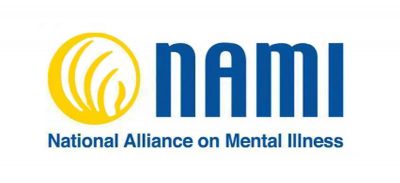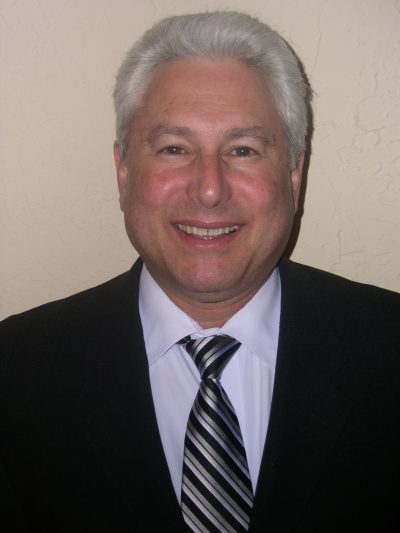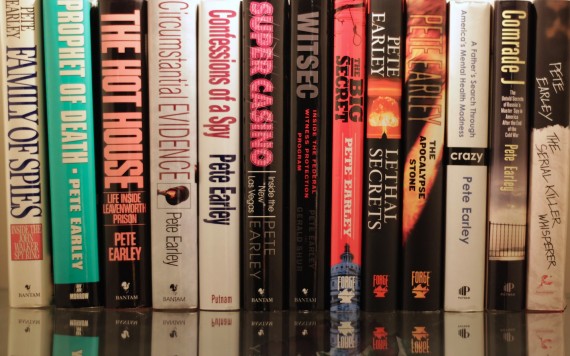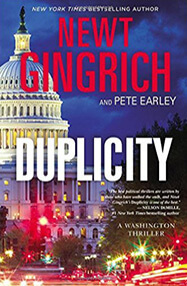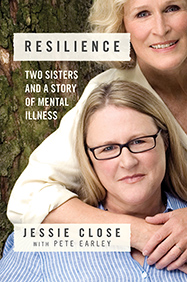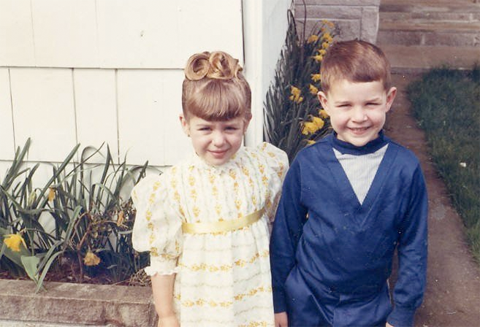
(4-10-17) You are riding in a car on a major highway with a gentle rain splashing on the windshield while you speak into a car microphone to a case worker at Oregon State Hospital, where the movie One Flew Over the Cuckoo’s Nest, was filmed.
You say, “My brother is there and I am wanting to get in touch with his case worker.”
Your call is transferred and a case worker who doesn’t identify himself comes on the line.
You say, “My brother is in the hospital there and I was wondering if I can find out some information about him.”
He says, “Sorry, due to confidentiality laws I can’t tell you whether he is there or not.”
“I definitely know he is there because the police just told me that they took him to the hospital. I can at least provide information -“
The case worker cuts you off. “Yeah, I couldn’t do that without telling you whether he is here or not. But you could do that in a letter form. Of course, you can write a letter to anyone. You can write it to the doctor who is in charge of whoever the person is who might be here.”
Thus begins Sandra Luckow’s powerful documentary “That Way Madness Lies...”


